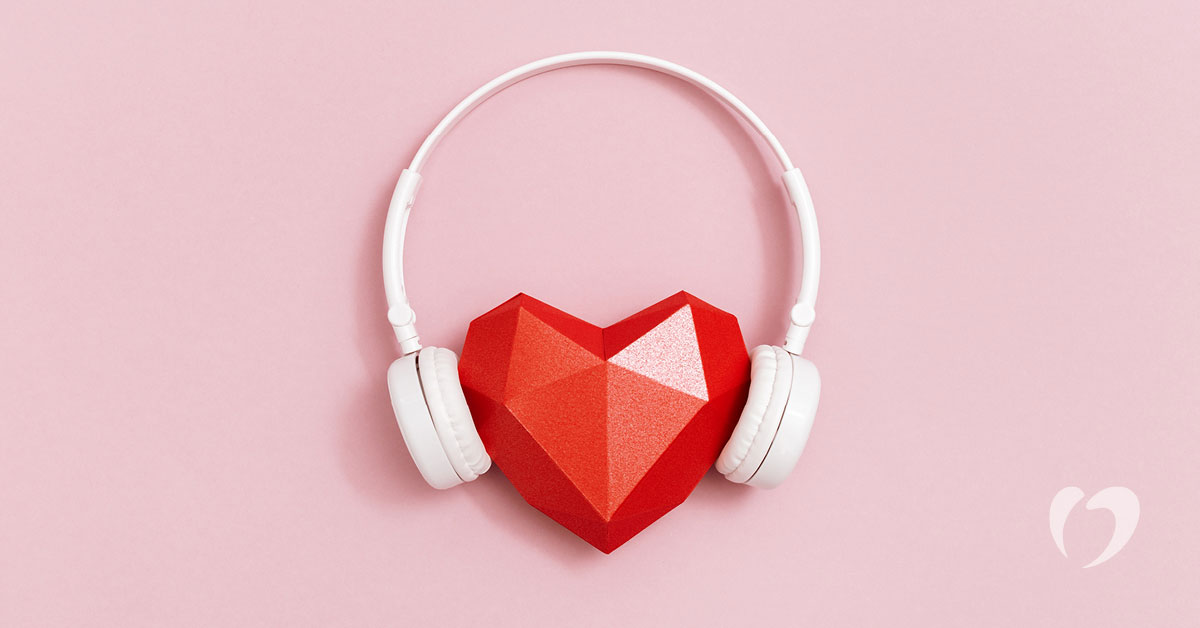Music and Heart Health

They say music is good for the soul, but what about the body? Your favorite tunes may be having a positive effect on your heart health as well. The music we listen to moves us in ways that are both emotional and physical. Whether it brings back memories of a great moment in life, slows us down, or hypes us up, our bodies respond to music.
Exercise
Try to imagine your favorite workout without a soundtrack. It’s probably pretty hard. Gyms may have music playing in the background, many people wear earbuds when working out, and almost every exercise class or video is set to music. Often, we match the movements of our body to the rhythm and beat. We innately know that exercise is easier when we are listening to music.
This has been shown in studies as well. Researchers have found that people exercise longer on a treadmill or stationary bike when listening to music during cardiac stress tests. While it’s unlikely that music can directly increase endurance, it can distract the brain from the pain or discomfort of exercise, which allows the body to reach its true potential. It is clear that music helps our mind and body during exercise, which is an important part of keeping the heart healthy as many studies have shown.
Stress reduction
For many heart-related conditions, stress is an important risk factor. While it does not directly cause heart conditions or diseases, it can contribute to higher heart rate and high blood pressure, as well as affect overall wellbeing and lifestyle choices that put your heart at risk.
The use of music to relax and de-stress is a well-known technique. Music connects with the soul and has the power to influence mood. The use of music in times of high stress or anxiety can change your mindset and relax you both physically and mentally. These positive changes can have a benefit to the heart, both in immediate reduction in heart rate and in the long-term benefit of lowered stress levels. Studies have even found lower anxiety in patients recovering from heart surgery when they listen to music for 30 minutes a day.
The type of music is probably less important than who is choosing the music. Since music connects with everyone differently, it is most beneficial when the patient chooses the music they prefer, whether they are looking to be energized during exercise or to relax after a hard day. While music will never be enough to cure heart disease and its role is minor compared to diet and exercise, it can play a supporting role on your journey toward cardiac health.
